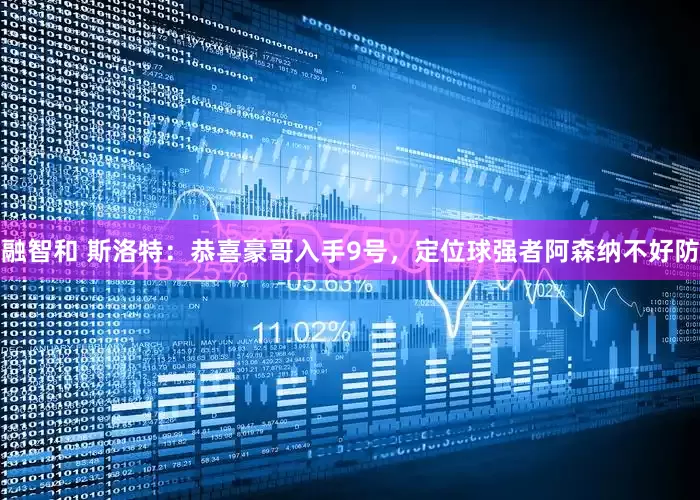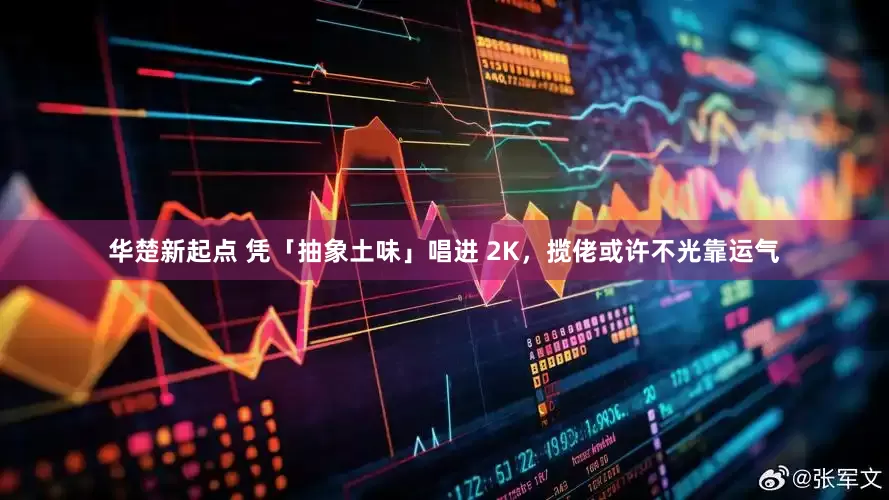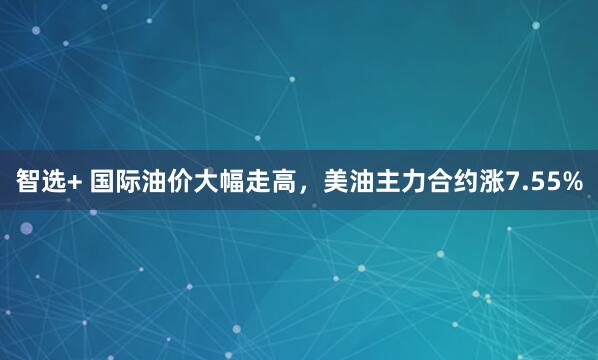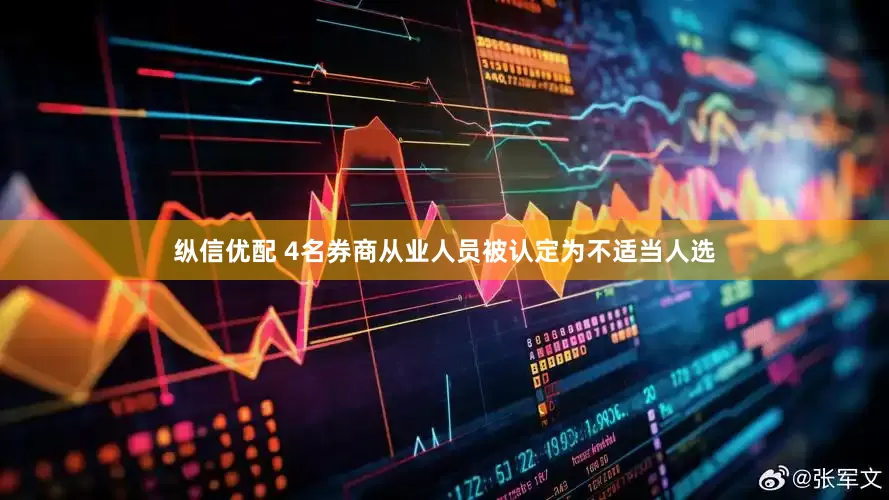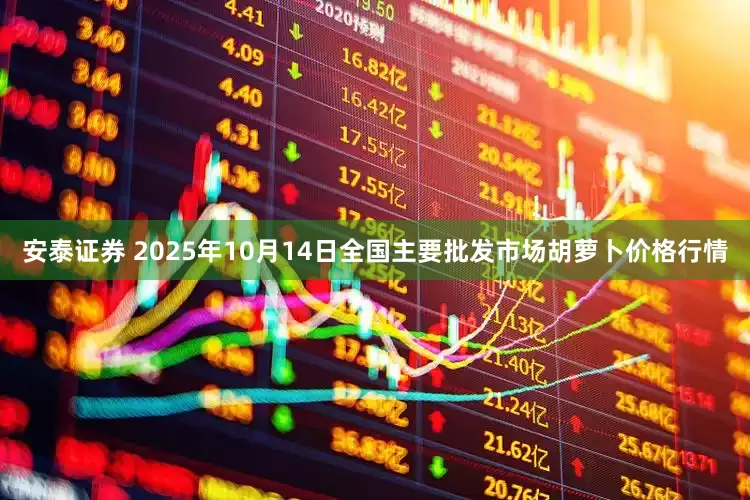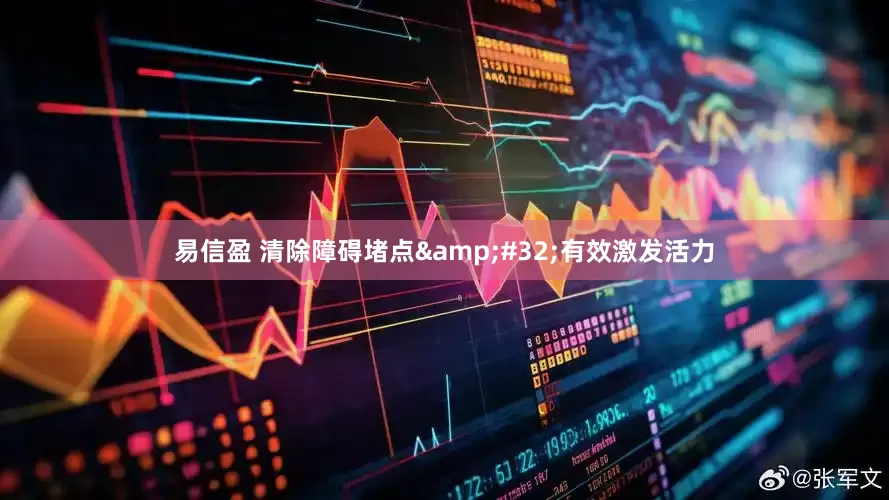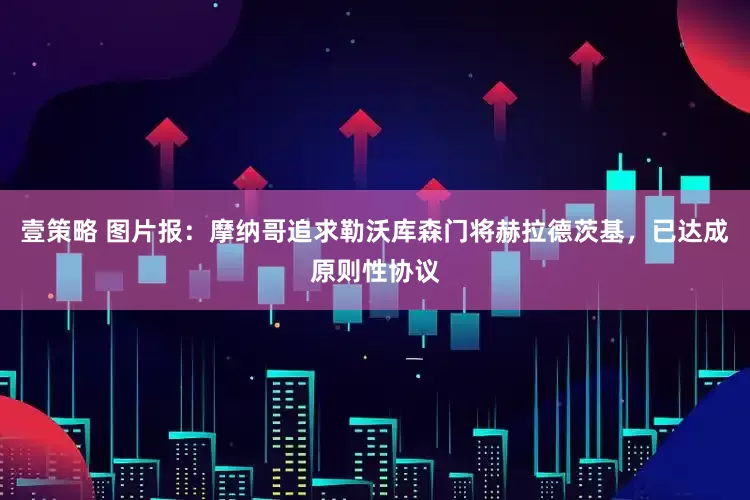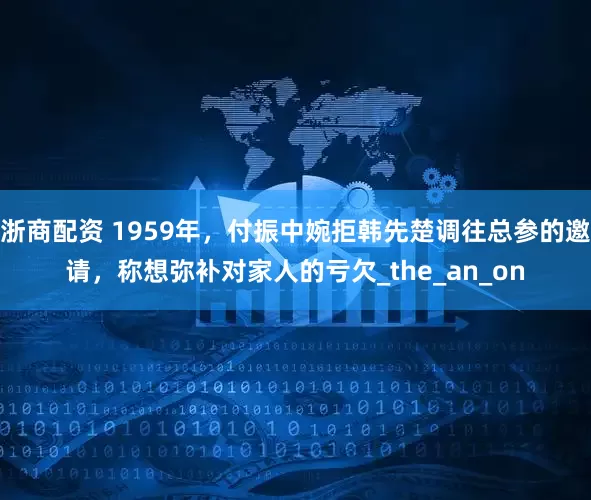
In June 1959, Fu Zhenzhong planned to move to Guangdong Province to take on the role of deputy director at the Provincial Forestry Department. As forestry played a vital role in ecological protection浙商配资, it was an important and highly regarded position. However, Han Xianchu was feeling uneasy. He thought that Fu Zhenzhong's talents were much better suited for the military.
At the time, Han Xianchu was serving as the deputy chief of staff in the General Staff Department, already possessing a strong military vision. His deep impression of Fu Zhenzhong stemmed from their cooperation during the liberation of Hainan, and as a result, he hoped Fu would join the General Staff and serve in a military capacity. But to his surprise, Fu Zhenzhong gently refused the offer.
展开剩余92%As a hero in the liberation of Hainan, Fu Zhenzhong’s military abilities were undeniable, and he could have achieved even greater feats within the military. So why did he ultimately turn down Han Xianchu’s recommendation?
After the victory in the Liberation War, while the Kuomintang forces were defeated on the mainland, their remnants remained entrenched on southern islands, attempting to regroup and launch a counterattack. If this issue wasn’t dealt with, it would inevitably become a looming threat. The central leadership was aware of this and quickly dispatched troops in 1949 to suppress the enemy. However, the efforts to recapture Hainan Island made little progress, as Han Xianchu was unable to finalize a plan for its recapture.
At that time, the Kuomintang general Xue Yue was stationed on Hainan, and the island's defense system had already been established, with several divisions in place. A rash attack could easily result in failure, similar to the Battle of Jinmen. Han Xianchu, cautious from the lessons of Jinmen, took a careful approach during the preparation stages, which delayed the plan's execution. But this extra time also allowed Han to gather crucial new intelligence and finalize his strategy.
The key intelligence came from Fu Zhenzhong. In November 1949, Fu Zhenzhong, under the orders of the commander of the Qiongya Column, Feng Baiju, secretly sailed out to report on the actual situation of Hainan Island and discuss strategic steps. Upon receiving the task, Fu Zhenzhong felt the heavy weight of responsibility and wasted no time gathering information. He soon created a map of the enemy’s positions. However, an issue arose—while Fu and his team were familiar with the island浙商配资, delivering the map to the mainland was a problem.
The Kuomintang forces had tight control over the island’s exits, and any attempt to send the map off the island could result in confiscation. Fu Zhenzhong found himself in a bind, unsure of how to transmit the information.
Logically, the situation seemed like a deadlock. The failure at Jinmen had made Han Xianchu more cautious, and with no way to send intelligence from the island, the mission seemed doomed. However, there remained a way to break the deadlock. Fu Zhenzhong, seeing no breakthroughs from the outside, shifted his focus to the internal corruption within the Kuomintang. He knew that despite the military orders, many in the Kuomintang were driven by personal gain and would overlook certain seemingly harmless actions.
Acting on this, Fu Zhenzhong contacted the local underground party and obtained a piece of crucial information from a regiment commander. Meanwhile, Xue Yue, still basking in the success of the Jinmen Battle, believed that the Qiongzhou Strait was even more treacherous than Jinmen, and therefore, crossing it was impossible for the Communist forces. Xue Yue also noted that the Communist navy was still in its infancy, with outdated equipment, and thus unable to cross the strait, let alone recapture Hainan. This was also Xue Yue’s concern.
While China’s early naval forces lacked experience in amphibious operations, and the Qiongzhou Strait was heavily guarded, Fu Zhenzhong’s intelligence changed the situation. When Fu Zhenzhong made it back to the mainland via merchant ships, Han Xianchu immediately took him seriously, as he was already inclined toward more aggressive strategies, such as relying on sailing vessels for amphibious assaults, though his plans had been blocked by Deng Hua.
In January 1950, the 40th Army, assigned to liberate Hainan, encountered a strange fisherman along the coast. When questioned, the fisherman insisted on meeting the unit commander and refused to give any other information. This report eventually reached Han Xianchu, who, still bothered by his disagreements with Deng Hua, was puzzled by the fisherman’s request but decided to investigate further.
When Fu Zhenzhong showed up with the strategic map, Han Xianchu immediately took him to Guangzhou to attend a military strategy meeting organized by Ye Jianying, where Fu presented the current situation on Hainan. He suggested that the Qiongya Column could serve as an internal support force to assist the main army in crossing the sea. If a large-scale amphibious assault wasn’t possible, they could send weapons to arm the Qiongya Column.
Fu Zhenzhong also noted that the Kuomintang forces didn’t have as tight a defense as they appeared. His successful escape from the island demonstrated that there were plenty of vulnerabilities in their defenses. Additionally, the Kuomintang had retreated to Hainan, and their forces were far from fully prepared. A surprise attack could yield significant results. The generals at the meeting agreed with Fu Zhenzhong’s analysis, and Han Xianchu, in particular, was encouraged.
With the advantage of internal support and the weakened state of the Kuomintang forces, Han Xianchu began to formulate his plan. The meeting suggested waiting until June for a large-scale operation, but Han Xianchu did not convey this timeline to his troops. Back at his base, he began training the soldiers of the 40th Army浙商配资, most of whom were from the north, to prepare them for amphibious operations. This gave the army valuable experience in case the operation was moved forward.
Next came the issue of transport. Since they needed to cross the sea, ships were a necessity. Fu Zhenzhong proposed using merchant ships, which were essentially civilian vessels. With many local fishermen around, the solution seemed obvious—by modifying these ships, they could be used for military purposes. Han Xianchu was immediately impressed with this idea and began acquiring fishing boats from the surrounding area.
Many local villagers, hearing of the army’s need for equipment, voluntarily provided materials for the modifications. Skilled shipbuilders also came to assist in the repairs. With these civilian vessels, the People’s Army finally had enough ships to carry out the amphibious operation.
With favorable timing, conditions, and support, Han Xianchu decided to move up the operation. Deng Hua, who had originally opposed Han’s plan, was now silent. Han Xianchu led the first wave of the invasion in April, and Fu Zhenzhong returned to the Qiongya Column to assist in coordinating the island's defenses. Thanks to Fu’s maps and intelligence, the army was able to navigate through enemy lines with minimal casualties.
Fu Zhenzhong’s contributions were crucial. He helped mark key locations, pointed out hidden enemy positions, and provided the secret passcodes for the merchant ships. His actions were pivotal in the successful recapture of Hainan Island.
On May 1, 1950, the Hainan War officially ended, and the island was successfully liberated. This operation marked a pioneering moment for amphibious warfare, with Fu Zhenzhong and Han Xianchu’s teamwork standing out as key factors in the success. Fu’s intelligence and support were invaluable, and Han’s foresight in advocating for early action earned him widespread praise. This battle also showcased Han’s military talents, which he highly valued, and he hoped Fu would continue to serve in the military.
After Hainan’s situation stabilized, Fu Zhenzhong briefly served as the deputy chief of staff for the Hainan Military District. However, in 1959, news came that he would transfer to the Guangdong Provincial Forestry Department. Han Xianchu, learning that such a talented military figure was leaving for a civilian position, felt concerned. He thought this would waste Fu’s potential and personally traveled to Guangdong to speak with him, offering a position in the Central Military Commission. To his surprise, Fu Zhenzhong refused.
Fu Zhenzhong had joined the Communist Party as an underground member in 1932. The work of an underground agent was fraught with danger, and exposure meant certain death. Over the years, Fu had become a target for the Kuomintang, even establishing a special task force to eliminate him. While the operation failed, his family was captured, and he was faced with a choice between his family and his revolutionary duty. He chose to remain on the front lines.
After the liberation of Hainan, Fu’s family was freed, but he had always felt guilty for the hardships his family endured. With the country’s development on track and a new generation of young cadres rising, Fu Zhenzhong decided it was time to step back and make up for his past shortcomings. He explained to Han that he wished to spend the latter part of his life making amends to his family.
Han Xianchu respected his decision and did not press the issue. After his transfer, Fu Zhenzhong’s work became less demanding, but he continued to embody the revolutionary spirit in his personal life, particularly in his dedication to educating his children. He often reminded them of China’s long and difficult journey, encouraging them to strive for greatness and contribute to the country’s development.
Fu’s children embraced these ideals, and one of his most frequently heard phrases was: “Many of our predecessors sacrificed their lives before they could see the liberation. Compared to those martyrs, I have nothing to
发布于:天津市创通网提示:文章来自网络,不代表本站观点。
